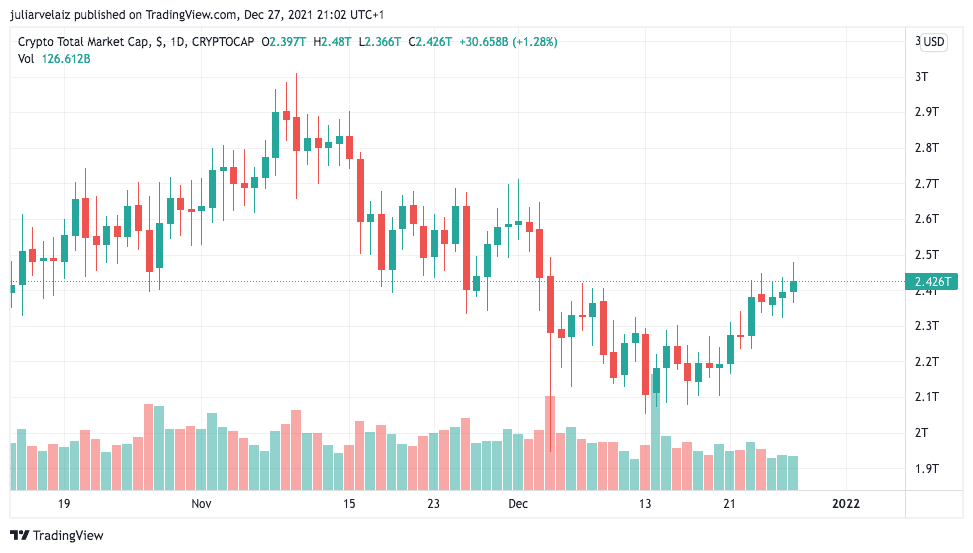Metaverse: a digital universe. Infinite possibilities for its users, and for a brand’s revenue too. 2021 has set solid grounds for NFTs, GameFi and the metaverse to bloom into money trees. Many people still ask “What’s the point?” with every blockchain-related launch from major brands.
The gaming industry takes the spotlight as Gucci, Dolce & Gabbana, Ralph Lauren, Balenciaga, Adidas, and many other famous fashion brands and designers are racing to launch their own digital clothing on different platforms.
It might sound silly, but if look at what people were already paying thousands of dollars for mostly to brag about it, it’s not such a strange concept for the same thing to happen in the digital world. And socially, it might come with a redefinition of identity and reality.
If you could be anybody and anything, what would you look like? This is the kind of curiosity that the metaverse explodes, and the luxury industry is ready to market this avenue.
Related Reading | Metaverse Race Continues: Chinese Internet Giant Baidu Registers Trademark
Into The Metaverse Profit
The metaverse is only starting to take form and we cannot fully know what it will look like, but the concept of “avatars” is already getting big. Nowadays, there are virtual couture houses where users can buy or design garments for their digital persona.
These avatars are the digital version of their users; they can do everything humans do daily and more. A big difference is that when you sell something to a digital self, you won’t need to take into account the many costs and issues from the physical world –like shipping, fabric, damaged items, etc.
The new generations like Gen Z are native to the internet, TV, and video games. They were raised while looking at screens. These were babies surrounded by iPads, tables, and other items distant from the stereos and first iPods older generations grew up with.
This means that Gen Z’s relationship with digital reality is different, and they require a marketing strategy adapted to their interests. Virtual items have been the perfect gateway.
Ever since Morgan Stanley investment bank strategists said on a note that the metaverse could mean over $50 billion in revenue for the luxury industry over the next decade, brands have started to race even more vigorously than before.
The total market of luxury brands could expand by more than 10% in approximately eight years. Reportedly, one in five gamers from the Roblox platforms update their avatars every day. Add up the next generations to join, which will likely be even more adapted to digital reality. Understandably, the modern fashion industry is enamored by how much revenue it’s about to see.
Is It A Cute Fit Or Is It Just From The Metaverse
The items that can change the appearance of an avatar are called ‘skins’, and this is what brands like Balenciaga –who partnered with Fortnite– are currently focusing on as a marketing strategy.
The designer Charli Cohen, who partnered with the department store Selfridges and the company RYOT Lab to design a virtual Pokémon-related collaboration, talked to Euronews about her personal views and projection for the metaverse fashion:
She further stated that “Interoperability is going to be a major focus for digital fashion in 2022 – the ability to take your digital wardrobe across multiple games and social spaces.”
Bloomberg reported that, amongst the brands that joined in during 2021, the Gucci garden Roblox pop-up sold one of its digital bags for $4,000. Burberry designed playable NFT characters called Shaky B for Mythical Games and the collection sold for around $400,000.
And the cherry on top of the metaverse-involved luxury industry, Dolce & Gabbana sold an NFT collection of nine pieces for around $5.7 million. And this is barely getting started.
Related Reading | Only In Crypto: A Croissant Explains Web3 And NFTs To Elon Musk


